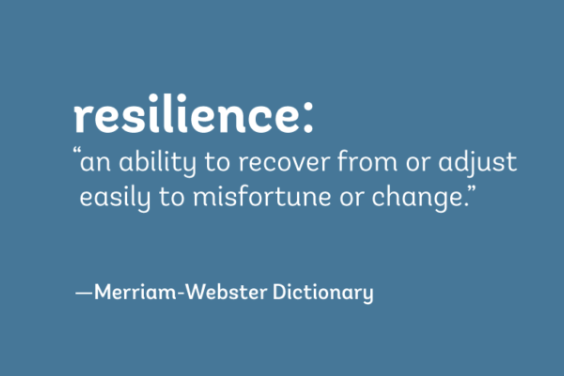TL;DR
- Resilience is essential for effective leadership, enabling leaders to adapt, persevere, and inspire during challenges.
- Emotional intelligence helps resilient leaders remain calm, empathetic, and supportive in tough situations.
- Adaptability and a growth mindset empower leaders to embrace change, view setbacks as opportunities, and drive continuous learning.
- Effective communication builds trust, clarity, and unity within teams, ensuring everyone stays aligned and motivated.
- Supportive networks provide strength, feedback, and collaboration, aiding leaders and teams in overcoming adversity.
Resilience is a critical trait that defines effective leadership. In the face of challenges, setbacks, and uncertainties, resilient leaders have the ability to adapt, persevere, and inspire their teams to overcome obstacles. Resilient leaders possess a unique set of qualities that enable them to navigate through adversity with strength and grace. Today, we will explore the five key traits of resilient leaders and understand how they contribute to their success.

Trait 1: Emotional Intelligence
Emotional intelligence is the foundation of resilient leadership. Leaders with high emotional intelligence possess self-awareness, empathy, and the ability to manage their emotions effectively. They understand their own strengths and limitations, which allows them to remain calm and composed during challenging situations. Resilient leaders also demonstrate empathy towards their team members, understanding their perspectives and emotions. By fostering a supportive environment, they can help their team members cope with stress and bounce back from setbacks.
Trait 2: Adaptability
Resilient leaders are adaptable and flexible in the face of change. They embrace ambiguity and view challenges as opportunities for growth. These leaders understand that change is inevitable and are quick to adjust their strategies and plans accordingly. By encouraging a culture of agility and innovation, they empower their teams to embrace change and find creative solutions. Their ability to adapt helps their organizations navigate through uncertainties and thrive in dynamic environments.
Trait 3: Growth Mindset
A resilient leader possesses a growth mindset, which is characterized by a belief in the ability to develop and improve through effort and learning. They view setbacks and failures as learning experiences rather than defining moments. These leaders encourage a culture of continuous learning and development within their teams, inspiring their members to push beyond their comfort zones and embrace challenges. By fostering a growth mindset, resilient leaders create an environment that encourages innovation, resilience, and personal and professional growth.
Trait 4: Effective Communication
Resilient leaders are excellent communicators. They possess the ability to convey their vision, goals, and expectations clearly and inspire others to action. These leaders are transparent and open in their communication, providing regular updates and feedback to their teams. They actively listen to their team members, ensuring that everyone’s voices are heard and respected. Through effective communication, resilient leaders build trust and foster a sense of unity within their teams, enabling them to face challenges with confidence and determination.
Trait 5: Supportive Networks
Resilient leaders understand the importance of building and maintaining supportive networks. They surround themselves with trusted advisors, mentors, and peers who provide guidance, feedback, and encouragement. These networks act as a source of strength and support during challenging times. Resilient leaders also cultivate a sense of community within their teams, encouraging collaboration and mutual support. By fostering a strong support system, resilient leaders ensure that they have the resources and assistance needed to overcome adversity.
Conclusion
Resilient leaders possess a unique set of traits that set them apart in the face of challenges. Emotional intelligence, adaptability, a growth mindset, effective communication, and supportive networks are key characteristics that enable leaders to navigate through adversity and inspire their teams to do the same. By embodying these traits, leaders can create a resilient organizational culture, encouraging innovation, growth, and success. Developing and nurturing these traits within ourselves and our teams is essential for effective leadership in today’s rapidly changing world.


